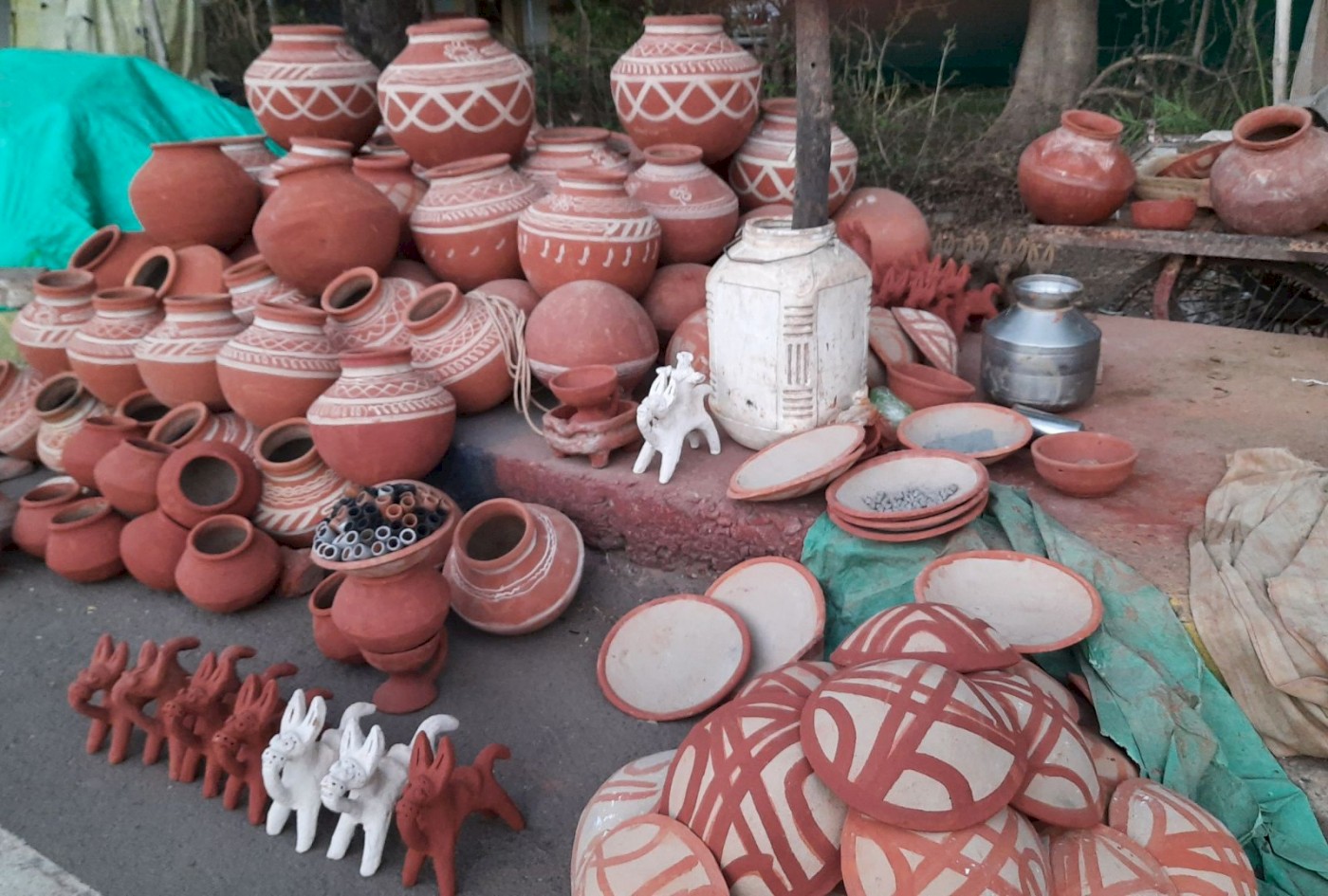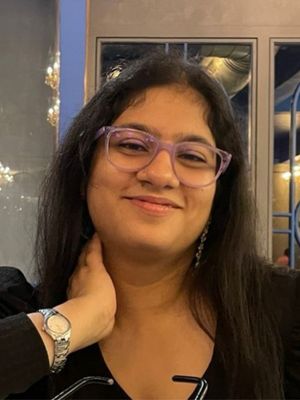
“During my second year, I expressed that I wanted to work on a socioeconomic cause in the field. My major advisor, Professor Pallavi Vyas, helped me get in contact with a former Professor at Ahmedabad University for a summer internship with the People's Archive of Rural India (PARI). PARI is an online journalism platform founded by P Sainath, a Ramon Magsaysay Award winner for his in-depth rural journalism. It brings out stories from rural India.
During my visits to my paternal grandparents' house in Begamganj, Madhya Pradesh, there have been multiple observations and conversations between Suhaagan Devi's family and mine. Some were commercial, and some were just neighbourly. When allowed to write about rural India, there was no doubt that I would choose to work in the town where I have my roots - Begamganj, Madhya Pradesh. I approached Suhaagan Devi and her family with the proposal of writing a piece on their profession and social life; they were only too happy to talk. Maybe it was the possibility of getting their story, and that of several others like them, in the public eye that made them come forward without inhibitions or the relationship we shared over the years.
Back at the desk, editors at PARI Education, which guides student reporters in the space of original rural journalism, were helping me understand the primary expectations from a report. Journalism comes with a responsibility of being just to the people about whom you are writing the account, rural journalism more so.
Starting the fieldwork, I closely observed Suhaagan Devi's place of work in the late afternoons and early mornings, discussing her lifestyle and her profit seasons, and taking note of how she engaged with their customers. I worked on the ground for a month and a half with occasional meetings with the senior editors (Priti David and Riya Behl), where students working on the stories throughout the country shared their progress. PARI Education encourages students to tell the stories as they are, without the reporter's involvement shaping the narrative. That is a learning I will carry throughout life.
PARI was the platform rightly equipped to convey an account like this to the masses and help address the unheard socioeconomic circumstances of the working class engaged in increasingly challenging daily fields. Conversing with Suhaagan Devi day after day and getting a glimpse into her life was a new experience for someone who goes to an urban university. The internship allowed me to deliver a message and an experience to introspect. It was a means to engage and work on ground reality.”

Aashi Verma
Aashi Verma is a BA (Hons) student majoring in Economics at Amrut Mody School of Management. She wrote a story for the People’s Archive of Rural India (PARI) on Suhaagan Devi, a potter from Begamganj, Madhya Pradesh. As a young urban student, she shares about writing about the ‘others’ and the responsibility of being a reporter for rural India. Read her story on Suhaagan Devi for PARI here.